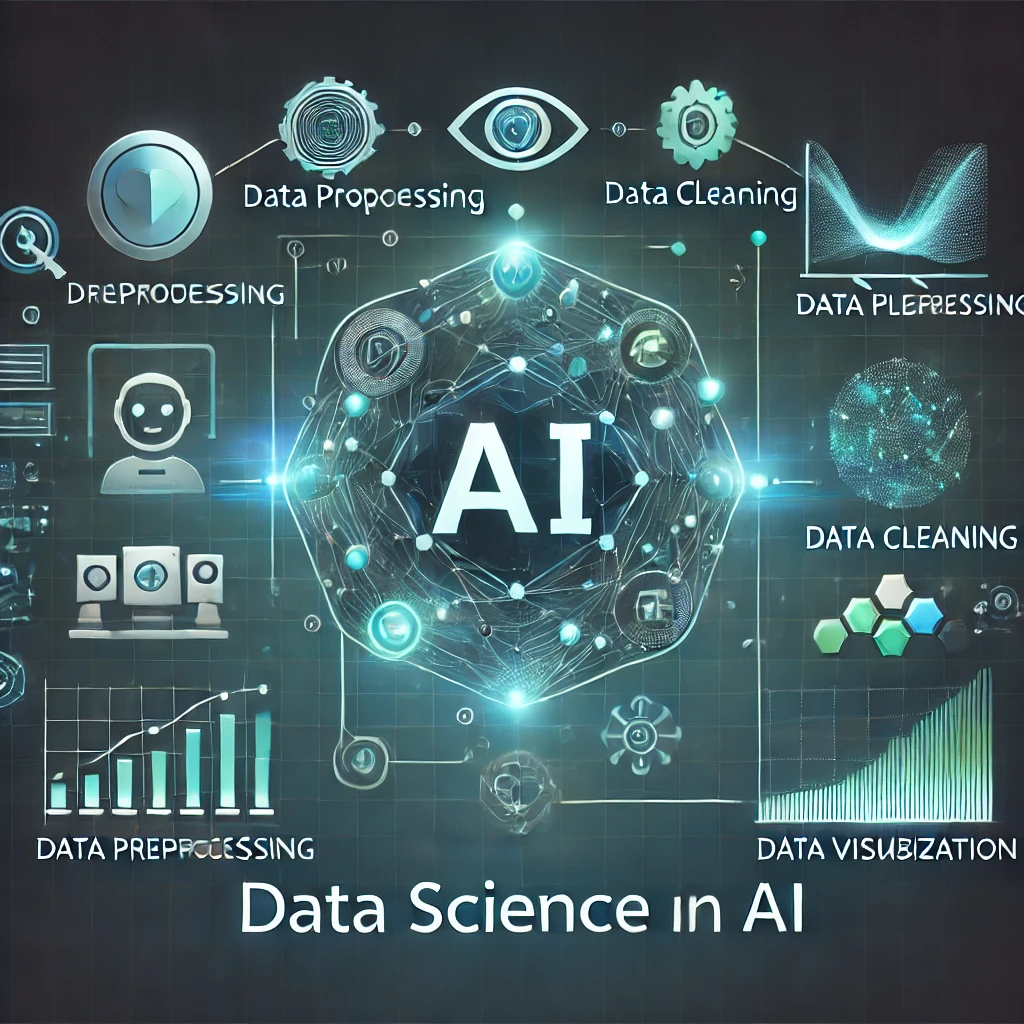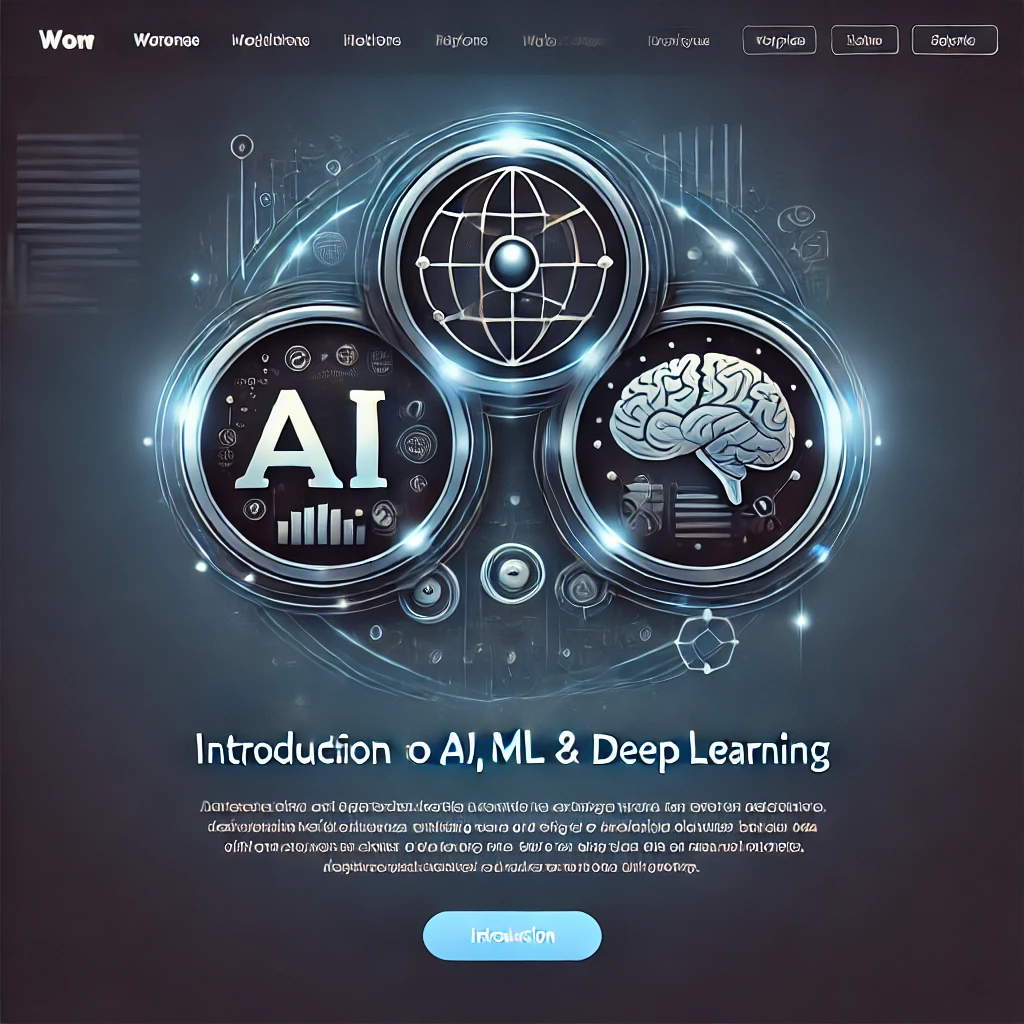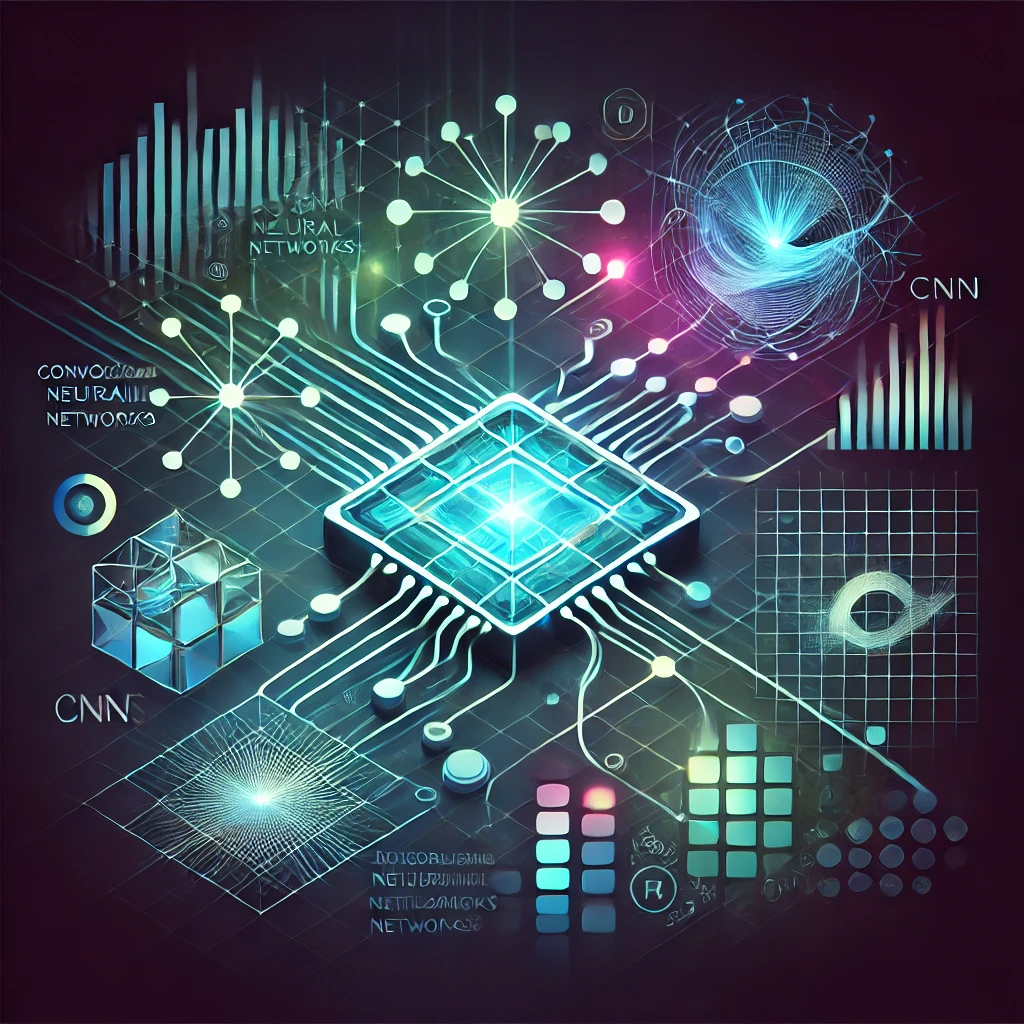Benefits vs. Risks of AI: Understanding the Landscape
Artificial Intelligence (AI) is rapidly transforming the way we live and work. From automation and data analysis to advanced machine learning algorithms, AI offers remarkable opportunities. However, these advancements are accompanied by significant risks including ethical challenges such as bias and security issues. In this blog post, we explore the benefits and risks of AI, providing a balanced perspective on its potential impact on society.
The Benefits of AI
AI technologies present numerous benefits that can enhance productivity, efficiency, and innovation across various sectors.
1. Automation of Repetitive Tasks
AI can automate mundane and repetitive tasks, allowing human workers to focus on more strategic and creative responsibilities. This leads to:
- Increased productivity
- Reduced operational costs
- Higher job satisfaction
2. Enhanced Decision Making
AI algorithms can analyze vast datasets and derive insights that humans might overlook. Benefits include:
- Data-driven decision-making
- Improved accuracy and reduced error rates
- Identification of trends and patterns
3. Personalized Experiences
From tailored marketing messages to unique entertainment recommendations, AI improves user experiences:
- Increased customer satisfaction
- Higher engagement and loyalty
- Improved service delivery
4. Innovation in Healthcare
AI applications in healthcare are revolutionizing diagnostics, treatment plans, and patient care:
- AI-driven diagnostic tools can detect diseases earlier
- Personalized medicine enhances treatment efficacy
- Robotics and AI assist in surgeries, improving safety and precision
The Risks of AI
While the advantages of AI are compelling, they are overshadowed by significant risks that need to be managed effectively.
1. Ethical Challenges and Bias
One of the foremost ethical challenges of AI is bias in algorithms, which can lead to discrimination and unfair treatment:
- Training data may reflect social biases, resulting in biased decision-making
- Minority groups may be disproportionately affected by automated systems
- Lack of diversity in AI development teams can perpetuate existing inequities
2. Job Displacement
Automation through AI poses a risk of job displacement in various industries:
- Low-skilled workers face the greatest threat
- Transitioning to new jobs may not be feasible for all displaced workers
- Workforce needs to adapt through reskilling and upskilling initiatives
3. Security Vulnerabilities
As AI systems become more critical, they also become targets for cyberattacks:
- AI can be manipulated to produce adversarial results
- Incursions into AI systems can lead to significant data breaches
- Automated decision-making could be hijacked for malicious purposes
4. Lack of Transparency
Many AI systems operate as “black boxes,” making it difficult to understand how decisions are made:
- Users may not trust AI decisions due to unclear reasoning
- Accountability for erroneous decisions becomes problematic
- Regulatory compliance can suffer due to opacity
Navigating the Challenges
To harness the benefits of AI while mitigating its risks, several strategies can be implemented:
1. Promoting Ethical AI Development
Organizations should prioritize ethical AI development by establishing guidelines that promote fairness, accountability, and transparency.
2. Implementing Robust Regulations
Governments and regulatory bodies need to create frameworks that ensure AI technologies are used responsibly and ethically.
3. Encouraging Diversity in AI
Increasing diversity in AI teams can help in identifying and mitigating biases, ensuring that systems are designed to be inclusive.
4. Continuous Monitoring and Evaluation
AI systems should be continuously monitored and evaluated to identify potential risks and biases, allowing for timely intervention.
Conclusion
AI holds immense potential to revolutionize various aspects of our lives, but it also presents substantial risks that cannot be ignored. By understanding the benefits and risks of AI, stakeholders can work together to harness its capabilities while addressing ethical dilemmas such as bias and security. It is vital that we find the right balance to ensure that AI serves as a tool for good, enhancing society while minimizing harm.


